

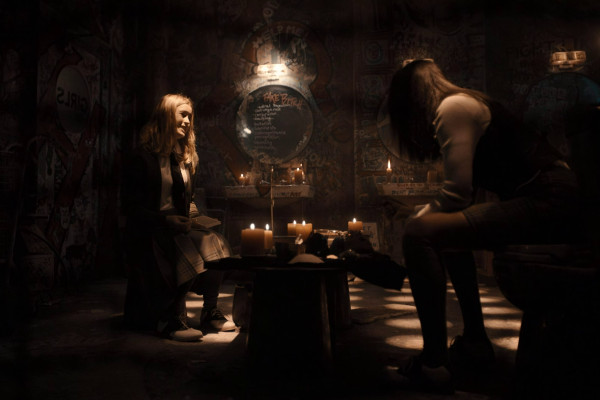
It says something about modern pop culture that the concept of psychic abilities is described as "super powers". This watchable tale about a schoolgirl with such "powers" doesn't tread particular new ground and is very Carriesque, but it remains intriguing throughout, and there are some nice twists and turns.
One thing that the second season holds over the first is that the shock value of the series containing bad language is gone, so that if an episode goes by without the F word, it's almost more shocking than if it does. This said, it's hard to imagine Rod, Charles Beaumont or Richard Matheson writing a script that revealed a schoolgirl masturbates with a hair brush... or, if they did, that Rod would submit it for your approval.
The largely sub-par first season went overboard in its exploration of identity politics, often spoon-feeding the viewers with overstated viewpoints and removing narrative in favour of addressing issues. While the first season's "subtext in search of a story" episodes would have actually fitted better into the landscape of 2020, one curious thing about season two's run is that it is, in many ways, so "anti-woke".
Many of the episodes feature straight white characters as the leads, and include guest characters suhc as untrustworthy, murderous women, or duplicious Chinese scientists that can't be trusted. Here Heather Anne Campbell (who wrote season one's shockingly offensive "all men are potential rapists" episode, Not All Men) gives us a story about an awkward but innocent white girl who is bullied by a group of bitchy classmates, all of whom are from a different racial minority.
It's an odd tack to take for a programme that, just a year ago, was delivering episodes with quite the opposite intent. It's not that such things have to have any wider political commentary, but given season one was crammed full of political statements, it's either midjudged, or an about-turn on the programme's self-established remit. Before the end credits come around, we find that all is not what it seems, but even that revelation has troubling implications...
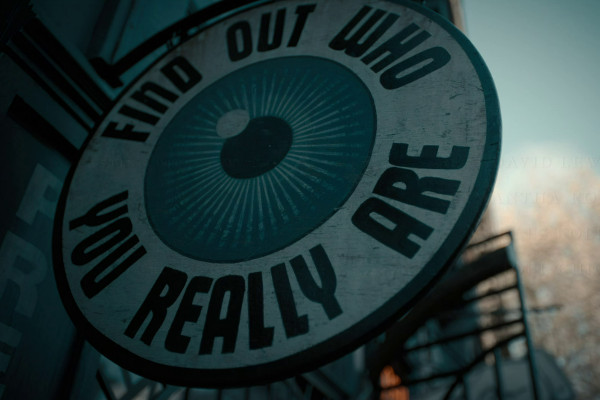
Ethan Embry starred in one of the best episodes of the generally flat 2002 revival series, appearing in Time Lapse as a man who found someone taking over his body while engaging in criminal activities. Perhaps not coincidentally, there's a very similar theme here, as Embry's struggling actor, "Harry Pine", finds himself being able to travel from body to body in order to elude the police. Embry is good at recreating all the various personalities he meets (albeit his impression of Billy Porter's homosexual "Keith" lacks the same nuance and subtlety), and there's enough narrative to keep things moving, even if some of the final twists may be a little obvious.
One of the many improvements over the first season is that the somewhat overstretched nature of the show has been scaled down: while in season one the average episode lasted almost 46 minutes (and some were running close to an hour), here the average has been pared down to less than 39 minutes. This is the longest episode of the season at slightly over 46 minutes, a nice cut-off point for an episode that has just enough twists and turns (however predictable) to justify the duration.
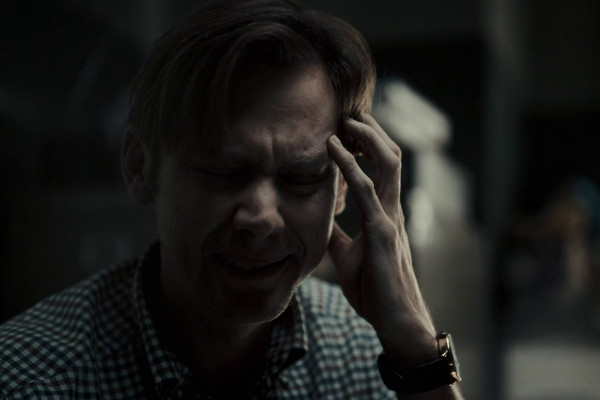
Jimmi Simpson plays "Phil Hayes", a somewhat neurotic man who begins to hear a woman's voice in his head. Simpson does well at creating the illusion that he is experiencing telepathy, and the episode, while it does flag a little in the middle, has enough narrative turns to keep things interesting.
Despite improvements in season two, not all of the episodes felt "special", and at least the entries on the first page of this article can be skipped with no great loss. Maybe it doesn't help that in 2020, the most shocking thing a Twilight Zone episode can show us is people interacting and being in close proximity to each other... little did the makers know when filming that reality in 2020 would become its very own Twilight Zone.
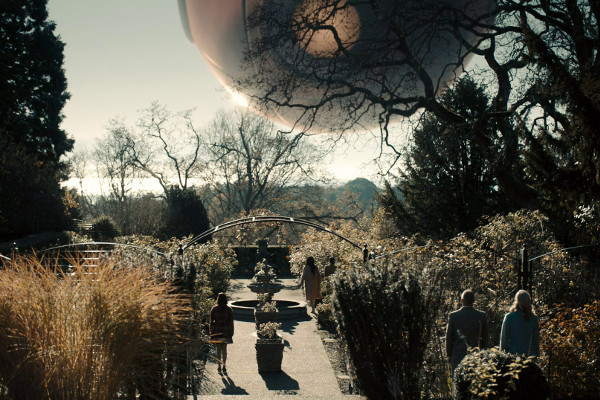
A visually striking, technology-based episode that seems more Black Mirror than The Twilight Zone, but considering Black Mirror's chief inspiration, it's only like repaying the compliment. It also marks Jordan Peele's first credit as writer of an episode, as opposed to developer.
Subtexts are often buried and muddled in season two, as the story, rightfully, takes precedence. What the episode is exactly trying to say about identity, gender and sexuality - if anything - is up for debate. But it matters little, as this tale of avatars and virtual life rewards as a piece of entertainment, which should be the number one priority of any episode.
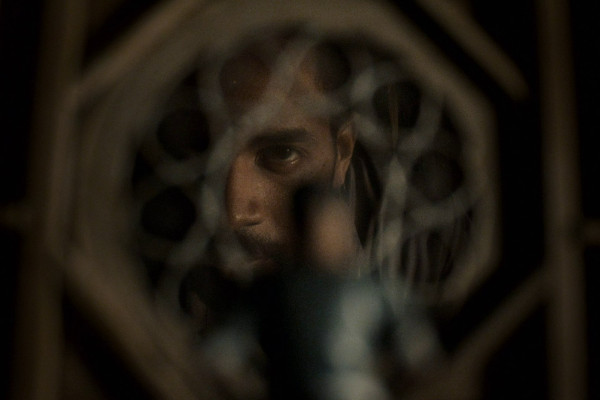
Steven Barnes had written for the 1980s version of The Twilight Zone, delivering the screenplays for the creditable To See The Invisible Man and the far less creditable Teacher's Aide. He writes here with his wife, Tananarive Due, crafting a fantastical theme that could have worked in the original show.
Widower Jason (Damon Wayans Jr.) finds a miniature model of his town, and discovers that any changes he makes to the model immediately happens to the real-life version. However, when the town's immoral mayor starts getting the credit for the "miracles", Jason wants to take revenge.
The first truly great episode of this new version of The Twilight Zone, it even (along with A Human Face) has a swear-free script, so all ages can enjoy it... even if, talking of language, it does contain that peculiar Americanism of "could care less".